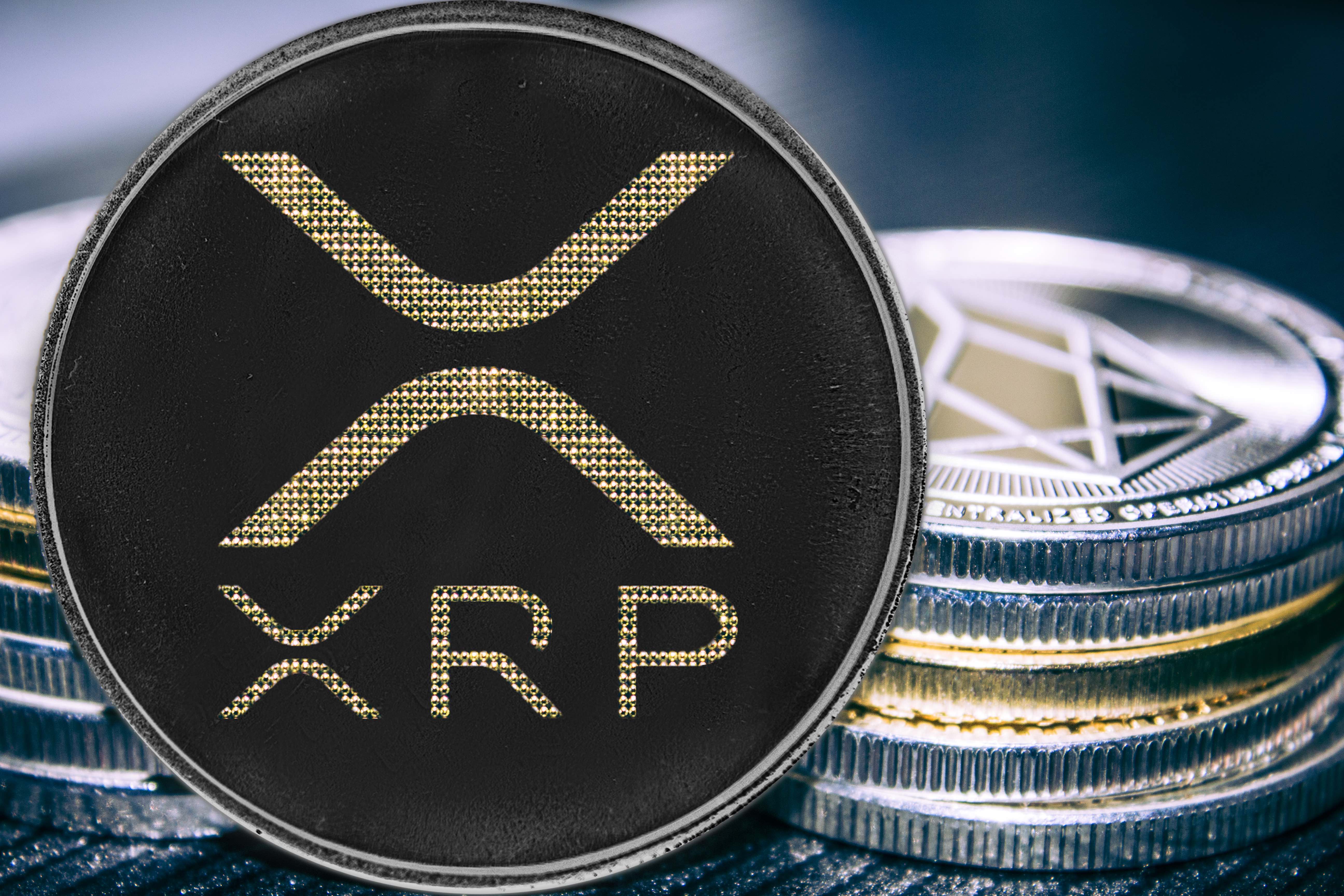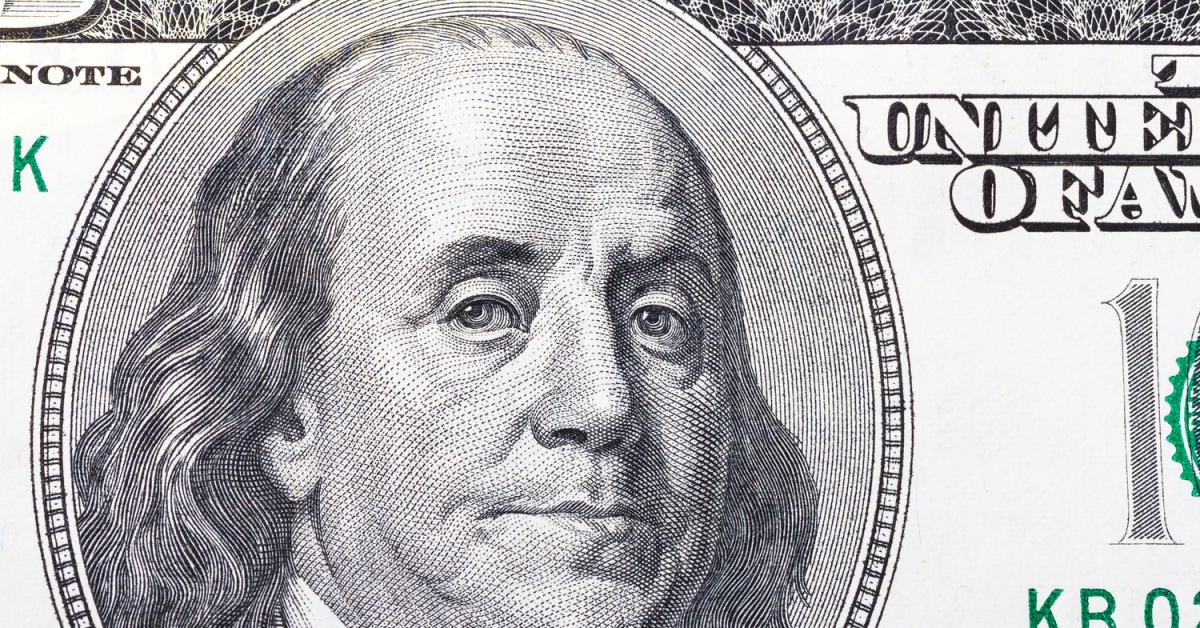Is the U.S. Securities and Exchange Commission’s (SEC) ongoing war of attrition against the crypto industry a good use of tax money? Considering that the industry itself has, for years and years, been calling for intermediation by regulators you’d have to think yes. However, whenever such regulators attempt to reign in alleged bad actors, crypto’s unified band of participants, builders and commentators tend (with some exceptions) to revolt. It’s an odd thing.
This is an excerpt from The Node newsletter, a daily roundup of the most pivotal crypto news on CoinDesk and beyond. You can subscribe to get the full newsletter here.
One thing is certain: SEC Chair Gary Gensler and his lead police enforcer SEC Director Gurbir Grewal consistently say their campaign of lawsuits is just. Speaking in the most recent regulatory escalation, a 90-page complaint filed against San Francisco-based exchange Kraken, Grewal said:
“We allege that Kraken made a business decision to reap hundreds of millions of dollars from investors rather than coming into compliance with the securities laws. That decision resulted in a business model rife with conflicts of interest that placed investors’ funds at risk.”
The SEC has a dual mandate, to facilitate capital formation in a safe and sound manner and protect the U.S. investing public by enforcing financial transparency through disclosures. So what do consumers actually think? Should crypto be regulated? Is the SEC’s manner of “regulating through enforcement” helpful?
CoinDesk asked members of the general public across three villages in southern Westchester just this, to take the temperature. And the responses — especially in light of the past couple years, where crypto was defined by the fraud, bankruptcies and declining prices reported on by the media — were mixed. Views on crypto and regulation were mixed.
Emma Sanchez, in Tuckahoe, for instance, didn’t have her mind made up on crypto itself but thought “regulation is a good thing,” at least generally speaking. While Jason D., who works at a local metals machining facility, said that crypto represents competition to established financial actors, and that’s essentially all you need to know about why regulators have taken such an aggressive approach towards crypto.
“It’s jealousy,” he said.
To be honest, few people were aware of the SEC’s lawsuit against Kraken, or the similar actions taken against Coinbase or Binance earlier this year. Marc B., a lawyer who resides in Crestwood, said it’s unlikely the SEC would file a case it did not think it could win, or that it did not think it had justification for pursuing.
Kraken, one of the longest-running U.S. exchanges, has been accused of commingling customer funds, listing unregistered securities and running a proprietary market making division and prop desk — allegedly putting customers at risk. At times the exchange held crypto belonging to customers valued at upwards of $33 billion, according to the SEC’s complaint.
Further, according to research conducted by Kraken’s auditor in 2023, cited by the SEC, the company had record-keeping issues that led to “material errors” in financial statements about users’ funds, including custodial accounts, between 2020 and 2021. Bank accounts that held customer money were sometimes used to pay operating expenses, due to “deficient internal controls.”
Sanchez, after hearing an overview of the charges — which also included an allegation that Kraken operated as an unlicensed exchange, broker dealer and clearing house — “sounds like a good thing.” Similar charges were brought against competing exchange Coinbase, also based in S.F., and Binance, an offshore exchange without a permanent headquarters.
Asked whether it makes sense for the SEC to pursue the same action against two U.S. firms, Sanchez said “a crime is a crime.” @Orlando_btc, a lawyer and founder of Lexproof, described the move as “using this as a second bite of the apple,” a way to drill down the importance of proper registrations in two different state jurisdictions.
However, in what could be described as circular reasoning, Orlando noted that the SEC cites its own Binance and Coinbase lawsuits to argue Kraken was also listing unregistered securities because they were “previously alleged to be securities.” He added that this “self-referential allegation holds no legal water,” which could be significant given that the “case will turn on whether the tokens” are under the SEC’s remit.
No doubt, these are serious allegations against Kraken. It takes the Coinbase suit and dials it not to 11, but maybe a seven. Suing over Kraken’s internal trading desk (the prop desk reportedly only operated briefly in 2020) draws a closer distinction to FTX and Alameda Research, which collapsed due to fraud and internal self-dealing.
Did this actually, however, represent a “significant risk of loss” to the platform’s customers, as the SEC argues? Kraken is a small, but highly-trusted exchange. Its founder and ex-CEO Jesse Powell has long been an advocate for self-custody, saying numerous times over the years that custodying customer assets actually represents a risk and liability for the company.
In response to the lawsuit, Kraken representatives said the agency’s lawsuit and critical view of crypto as a whole were “incorrect as a matter of law, false as a matter of fact, and disastrous as a matter of policy.” It plans to “vigorously defend” itself in court, and that the “law is on our side.”
Kraken employs one of the most sophisticated legal and compliance operations in crypto, a team of dozens of lawyers led by expert Marco Santori. The exchange ultimately settled with the SEC earlier this year after the agency sued over Kraken’s now defunct staking program, which paid out yield to users who deposited tokens into a collective pool and thus resembled an “investment contract.”
At the time, Powell argued that staking isn’t without its risks, but is a clear example of where U.S. citizens should be able to determine what to do with their own money. Kraken, and the other centralized exchanges forced to terminate their staking programs, were offering alternative onramps into an activity that is much harder to do solo.
It’s a fight that in retrospect Kraken shouldn’t have given up so soon. It certainly won Kraken no favors. But also, staking is one of the few consumer use cases where crypto might make sense to the average person on the street. It’s like a savings account, only with better returns and higher risk.
Alex, of Tuckahoe, said crypto “has potential to be something cool” but has only heard of “day traders who seem to try to earn money very quickly” using crypto rather than “anyone use it for anything useful.” But she didn’t think agencies like the SEC should necessarily interfere.
“No, I think regulation is pointless,” she said. “It doesn’t seem like it needs to be regulated; I view it as a game.
“I guess it comes down to whether individuals are being taken advantage of. If they are, it seems appropriate to sue or regulate. But I think the people suing are playing a game as well.”









